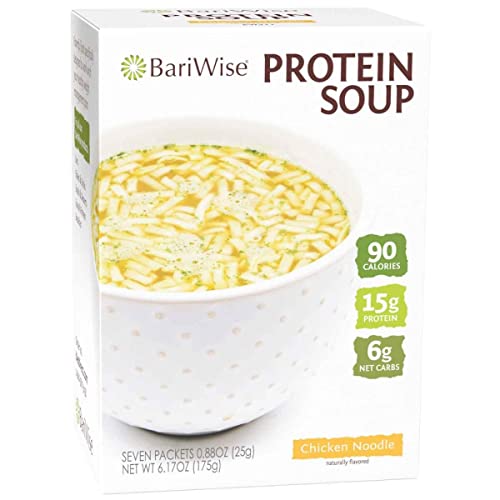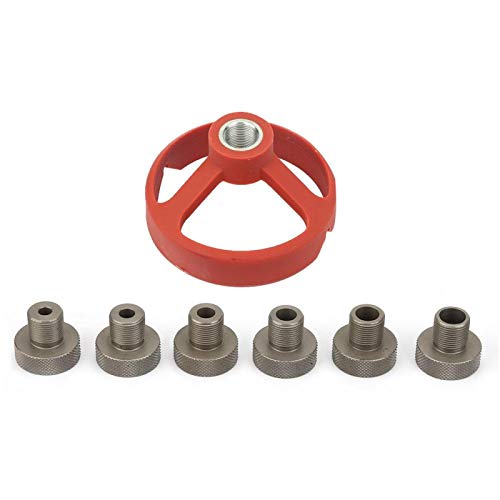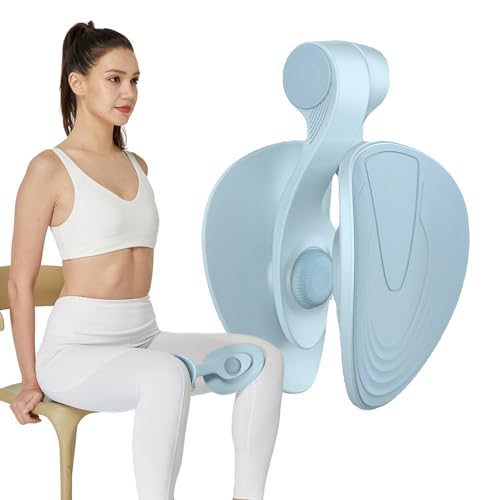more2adore
Well-Known Member
So this goes along with what I just posted in Jackie's non-carb-counting thread.  I did all of my research on how to eat post-DS, and now that it turns out I'm going to have to rock the heck out of a VSG instead for a couple of years, I need to relearn where my focus is going to be nutritionally. So can someone tell me if this is correct, what I've left out, what I've got wrong, etc.?
I did all of my research on how to eat post-DS, and now that it turns out I'm going to have to rock the heck out of a VSG instead for a couple of years, I need to relearn where my focus is going to be nutritionally. So can someone tell me if this is correct, what I've left out, what I've got wrong, etc.?  I understand it will be vastly different at first when I'm healing, but I'm talking a few months out when I'm eating "normally" again.
I understand it will be vastly different at first when I'm healing, but I'm talking a few months out when I'm eating "normally" again.
1) Weigh and measure food, especially at the beginning. Find out from the surgeon what size your stomach is and don't put more than that amount into it at any given meal.
2) Use MFP to track.
3) Try to get in at least 80 grams of protein.
4) Aim for under 40g of carbs. (I think I read on this forum that carbs in dairy like yogurt don't count?) Is this net carbs? High-carb fruits and veggies DO count towards carbs, so be careful with those. Can someone explain?!
5) Aim for 64 oz. of water a day.
6) Gradually increase exercise activity.
7) Some people I've seen have three meals and two snacks (one between B&L and one between L&D). Is that typical?
8) Limit sugary foods.
9) Avoid taking in liquid calories.
10) Do I REALLY have to focus on eating super low fat? I don't typically eat a lot of super-high-fat items anyway, but items with some amount of fat do a better job of keeping me sated and not hungry, and I tend to not feel that satiety after eating solely a low-fat diet. How careful do I need to be with this?
11) Calories. I understand the goal for most is 600-800, however counting calories is unfortunately the biggest trigger for my eating disorder. I intend to focus on counting protein and carbs and quantity of my food, and I'm hoping not counting calories won't totally undo me. (One of the main draws of the DS for me and the reason I thought I'd be successful was not having to count calories... grumble).
The reason I'm asking now is that with our next shopping trip I'm going to start trying to eat similarly to how I'll eat post-VSG (only larger quantities right now since I don't have the smaller stomach yet!) so that I can get used to it. At least that's the plan!
1) Weigh and measure food, especially at the beginning. Find out from the surgeon what size your stomach is and don't put more than that amount into it at any given meal.
2) Use MFP to track.
3) Try to get in at least 80 grams of protein.
4) Aim for under 40g of carbs. (I think I read on this forum that carbs in dairy like yogurt don't count?) Is this net carbs? High-carb fruits and veggies DO count towards carbs, so be careful with those. Can someone explain?!
5) Aim for 64 oz. of water a day.
6) Gradually increase exercise activity.
7) Some people I've seen have three meals and two snacks (one between B&L and one between L&D). Is that typical?
8) Limit sugary foods.
9) Avoid taking in liquid calories.
10) Do I REALLY have to focus on eating super low fat? I don't typically eat a lot of super-high-fat items anyway, but items with some amount of fat do a better job of keeping me sated and not hungry, and I tend to not feel that satiety after eating solely a low-fat diet. How careful do I need to be with this?
11) Calories. I understand the goal for most is 600-800, however counting calories is unfortunately the biggest trigger for my eating disorder. I intend to focus on counting protein and carbs and quantity of my food, and I'm hoping not counting calories won't totally undo me. (One of the main draws of the DS for me and the reason I thought I'd be successful was not having to count calories... grumble).
The reason I'm asking now is that with our next shopping trip I'm going to start trying to eat similarly to how I'll eat post-VSG (only larger quantities right now since I don't have the smaller stomach yet!) so that I can get used to it. At least that's the plan!
Last edited:












































